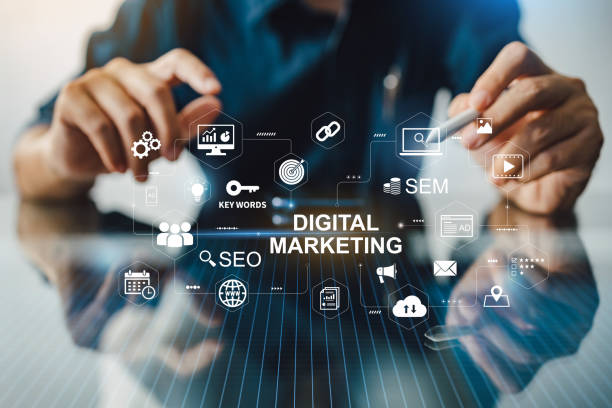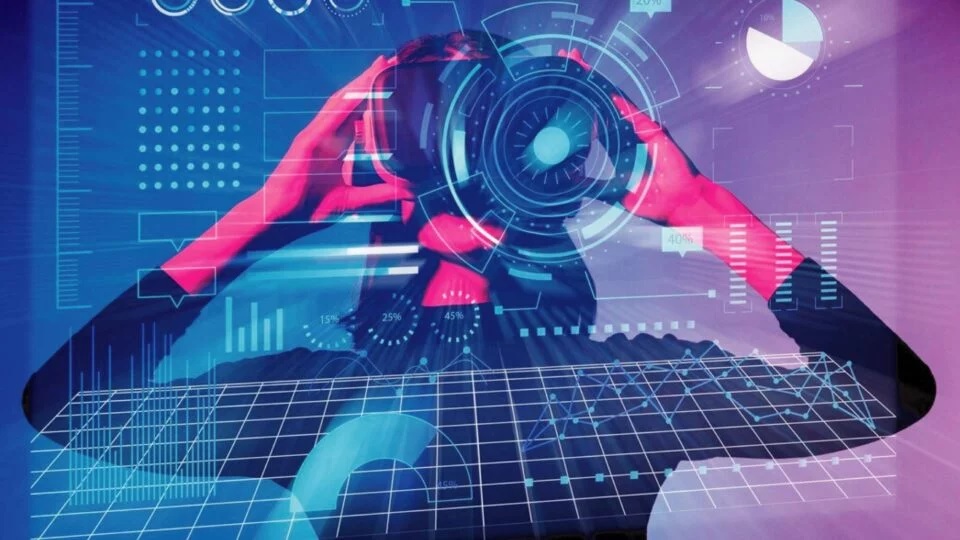In the ever-evolving landscape of healthcare, technology continues to play a pivotal role in enhancing patient care, streamlining operations, and advancing medical research. One of the most transformative technologies in recent years has been machine learning. In this comprehensive guide, we’ll explore the profound impact of machine learning in healthcare software development, with insights from experts in the field.
Understanding the Evolution of Healthcare Software Development
Before we dive into the realm of machine learning, it’s crucial to appreciate how a healthcare software development agency has evolved.
The Paradigm Shift: From Legacy Systems to Advanced Solutions
Historically, healthcare software consisted of basic electronic health record (EHR) systems and billing applications. However, with the advent of advanced technologies, such as cloud computing, IoT (Internet of Things), and AI (Artificial Intelligence), the capabilities of healthcare software have expanded exponentially.
Unraveling Machine Learning: A Game-Changer in Healthcare
Defining Machine Learning
Machine learning is a subset of artificial intelligence that focuses on the development of algorithms capable of learning from and making predictions or decisions based on data. Unlike traditional software programs that rely on explicit programming, machine learning models improve their performance over time by learning from vast amounts of data.
The Healthcare Imperative
In the realm of healthcare, where data is abundant but often complex, machine learning holds immense promise. Its ability to sift through enormous datasets, recognize patterns, and generate insights has opened up a new frontier in medical diagnosis, treatment planning, and patient care.
The Nexus: Machine Learning and Healthcare Software Development
Now, let’s explore how machine learning seamlessly integrates with healthcare software development, revolutionizing the industry in the process.
1. Personalized Treatment Plans
Machine learning algorithms analyze patient data, including medical history, genetic information, and real-time monitoring data, to generate personalized treatment plans. This tailored approach to healthcare not only improves patient outcomes but also minimizes the risk of adverse reactions to treatments.
2. Diagnostic Precision
Machine learning-powered diagnostic tools have demonstrated remarkable accuracy in identifying various medical conditions. For instance, in radiology, algorithms can analyze medical images with a level of precision that rivals or even surpasses human experts. This not only expedites diagnosis but also reduces the likelihood of misinterpretation.
3. Predictive Analytics for Early Intervention
Machine learning excels in predictive analytics, which can be a game-changer for preventive care. By analyzing patient data and identifying subtle indicators, healthcare providers can intervene early in the progression of diseases, significantly improving patient outcomes.
4. Streamlining Administrative Processes
Beyond clinical applications, machine learning can streamline administrative tasks within healthcare institutions. From optimizing appointment scheduling to automating billing processes, these technologies free up valuable time and resources for healthcare professionals to focus on patient care.
Realizing the Potential: Collaboration with a Software Development Agency
To harness the full potential of machine learning in healthcare software development, collaboration with a specialized software development agency is paramount. These agencies possess the expertise to design, develop, and deploy robust solutions that seamlessly integrate machine learning algorithms into existing healthcare systems.
Case Study: Enhanced Medical Imaging with Machine Learning
One compelling example of this collaboration is in the field of medical imaging. By working with a software development agency proficient in machine learning, a hospital was able to implement a diagnostic tool that significantly improved the accuracy of detecting anomalies in medical images. This not only expedited diagnosis but also led to more effective treatment plans for patients.
Looking Ahead: The Future of Healthcare with Machine Learning
As technology continues to advance, the role of machine learning in healthcare software development will only become more prominent. With ongoing research and development, we can expect even more sophisticated applications, from predictive modeling for complex diseases to real-time monitoring systems for chronic conditions.
In conclusion, the integration of machine learning into healthcare software development represents a paradigm shift in the way we approach patient care. By leveraging the power of data and advanced algorithms, we have the potential to revolutionize diagnostics, treatment planning, and overall healthcare delivery. With the guidance of a specialized software development agency, the possibilities are boundless, and the future of healthcare looks brighter than ever.





